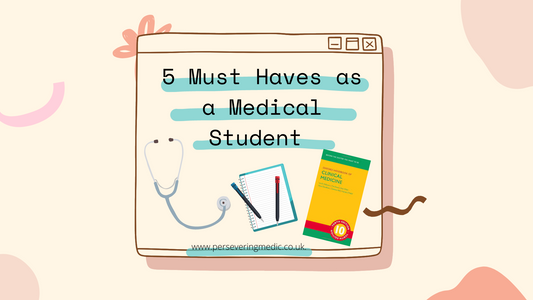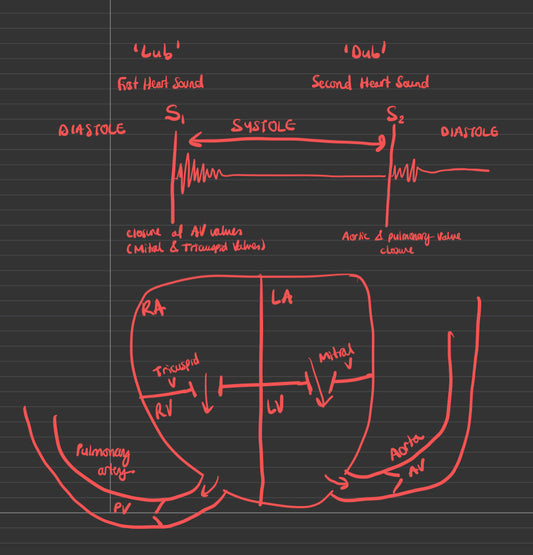I started working for NHS 111 which is the national health service non-emergency line for urgent care assessments as a call assessor in May 2020 in the midst of a pandemic. I worked as a call assessor for 4 months and here are some of things I learnt:
1. People call 111 for almost anything from the tiniest scratch they got on their knee, to patients having chest pain (and not calling 999 as they believe they would waste their time), or mental health patients desperate for help.
2. The UK has an ageing population and so we receive a lot of calls from elderly patients. Often they have fallen and are unable to get up and so they call as they need assistance getting back onto the sofa but because they live alone they require an ambulance to be sent for the ambulance crew to help them get back up.
3. Patients who were unable to get through to their GPs also call to get some sort of assessment and medical attention.
4. Dental pain is often said to be worse than childbirth. For this reasons, we receive many calls from patients who need help to relieve their dental pain and a way for them to see a dentist as soon as possible. It may have been difficult for them to get a dental appointment especially due to the pandemic. They are often advised of nearby emergency dental practises or triaged to speak with a dental clinician.
5. Once patients have been assessed for their symptoms through the pathway system they will be triaged and the outcome is given on the next steps to take following the assessment and what can be done.
6. Patients can have an outcome of speaking to a clinician within the call centre, an out-of-hours service, or will be advised to call the gp within different time frames depending on the urgency.
7. Patients may also have an outcome of an ambulance following the assessment and this can be a category 1 to a category 4 ambulance. Category 1 being the most urgent emergency for things such as signs of a possible myocardial infarction [heart attack] , stroke, or excessive bleeding.
8. Safeguarding is an important element to always be aware of as a call assessor. Thus, being cautious of any signs of neglect or abuse as well as seeking advice from the safeguarding team as a safety precaution is helpful.
9. One of the assumptions I had when I started working at 111 is that the majority of the calls will be regarding the coronavirus due to being in the midst of the pandemic. To my surprise, this was not the case, although I noticed there would always be an increasing number of calls regarding coronavirus when there were updates from the government.
Overall, I enjoyed working in this role although it did get stressful at times it was also a rewarding experience. It was also really beneficial as I managed to learn a lot from this experience and advance some of my skills such as communication and working with a team.



![Remnote: Best Note-Taking App and Spaced Repitition Tool [medical student]](http://perseveringmedic.co.uk/cdn/shop/articles/Website_images-4.png?v=1657633666&width=533)